In the heart of America’s Midwest, under the modest arc lights of the Council Bluffs indoor arena in Iowa, India found a new badminton hero. Towering at 6-foot-4 and all of 20 years old, Ayush Shetty stormed his way to a remarkable straight-game victory over Canada’s Brian Yang in the men’s singles final of the 2025 US Open Super 300, sending a strong message to the badminton world: India is back in the hunt for global men’s singles glory.
Winning 21-18, 21-13 in just 47 minutes, Shetty’s title run culminated in a full-blooded diagonal cross-court smash—a finishing blow that not only sealed the championship but underscored the arrival of a new star. The shot zipped across the court with venomous precision, a declaration of dominance from a player who has steadily matured through junior titles and senior circuit promise into a full-fledged international champion.
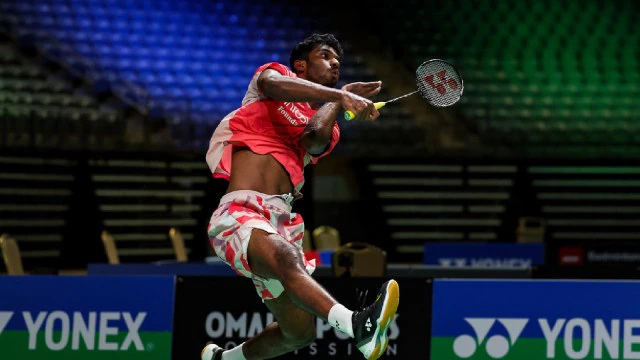
Ayush-Shetty-wins-US-Open-with-a-blistering-win over-Brian-Yang
The Making of a Champion
The final against Brian Yang—Canada’s hard-hitting, jump-smashing shuttler—was expected to be a tough duel. Yang, known for his aggressive play and athletic leaps, was in form and had the arsenal to trouble any top-level opponent. But Ayush Shetty played with both poise and power, blending intelligence with instinct, and raw athleticism with strategic shot placement.
What stood out was not just Shetty’s physical presence—his height and reach certainly gave him a clear advantage—but the composure with which he dismantled Yang’s game. From both the slower and the quicker sides of the court, Shetty remained unfazed, using a mix of deep clears, deceptive net shots, and body smashes to break Yang’s rhythm.
Yang’s typically aggressive game, centered around rapid-fire jump smashes and high-tempo rallies, was effectively neutralized by Shetty’s control at the net and accuracy from the backcourt. His ability to read shuttle trajectories with eerie precision meant Yang’s clears frequently sailed long, handing the Indian several crucial points.

Yang’s-deep-lifts-and-optimistic-clears-trying-to-evade-Shetty’s-long-levered-reach-going-for-the-back-line,-yielded-a-bulk-of-points -for-the-Indian
A Title Long Time Coming
Ayush Shetty’s rise hasn’t been sudden. He had narrowly missed out on his first Super 300 title at the Taipei Open in 2024, where he finished runner-up. The defeat then left him visibly dejected, but it also became a catalyst for refining his game.
In Iowa, there was no such heartbreak. The Indian stormed through four challenging rounds, defeating higher-ranked opponents with a brand of attacking badminton rarely seen from Indian men’s singles players since the peak of Kidambi Srikanth. With this title, Shetty becomes India’s No. 2-ranked men’s singles player, a testament to his consistency and growing stature on the BWF World Tour.
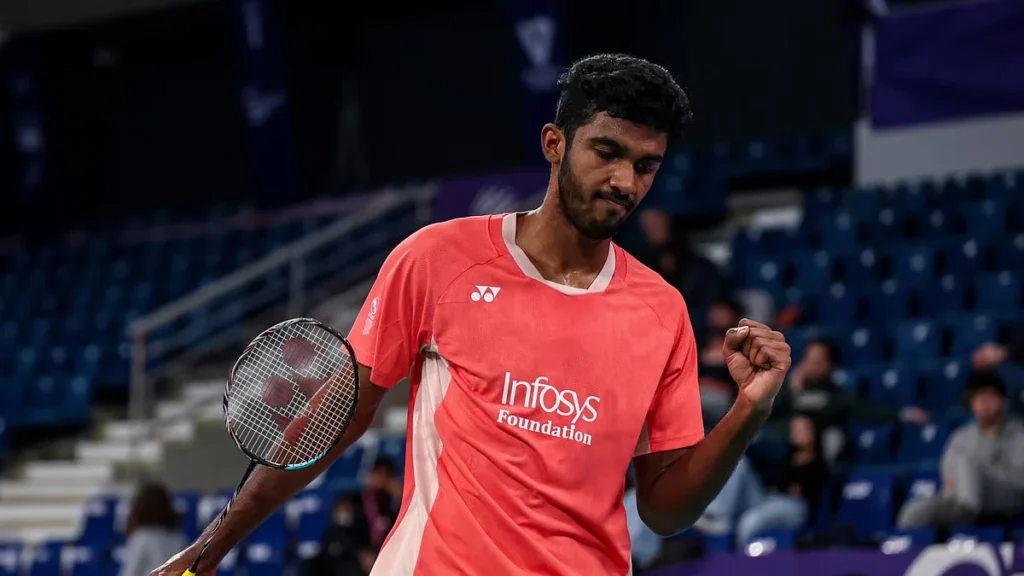
In-2024-Ayush-Shetty-Lost-Semi-Final-In-Taipei-Open
A Swag and Sting
There’s an unmistakable swagger to Shetty’s play, reminiscent of Denmark’s Viktor Axelsen, not just in physical build but in approach. His attacks sting, and his movement across the court—especially that curious, effective reverse duck-walk backtracking—draws smiles and admiration in equal measure. It’s unorthodox but efficient, and most importantly, it works.
The final wasn’t without its hitches. Shetty needed medical attention twice, as his aggressive diving for net retrievals caused bruising on his right knee. At 16-14 in the first game, he requested the trainer, and Yang capitalized to briefly level scores at 16-16. But Shetty responded with a devastating cross-court whip smash to regain the lead and wrapped up the game at 21-18 with a clever reflex slap return after a tense net exchange.
In the second game, Shetty surged ahead 11-6 before another brief medical timeout. Yang tried targeting the Indian’s backhand, finding occasional success on the far forehand and inducing difficult turns. But Shetty, composed and tactical, pulled out body smashes and attacking drops that regained momentum and left Yang scrambling.

Against-Viktor-Axelsen-Ayush-Shetty-Needed-Twice-Medical-Treatment
Beyond the Cheque: A Symbolic Victory
The US Open, not among the glitziest of BWF events, still holds immense emotional value for Indian badminton. It was in this very tournament in the past that players like Parupalli Kashyap and HS Prannoy notched memorable victories. But the sport’s popularity in the U.S. remains modest, and the prize ceremony reflected this—with the champion’s cheque of USD 18,000 written out with a hurried black marker on a whiteboard, almost comical in its simplicity.
Still, the title means more than the money or medals. It’s symbolic of Shetty’s hard-earned progress and of India’s potential resurgence in men’s singles, a category that has long needed a new torchbearer after the peaks of Srikanth and the early promise of Lakshya Sen.
What Sets Shetty Apart
Ayush Shetty’s game has evolved to become far more than just brute force. While his height allows him to generate steep angles on his smashes, it’s his soft hands at the net, sharp judgment of shuttle drift, and an ability to execute tricky cross drops that truly make him a threat. His patience in long rallies, combined with sudden bursts of aggression, has added layers to his once raw game.
What was particularly notable in Iowa was Shetty’s ability to dictate the tempo. Against a pacey opponent like Yang, many would struggle to control the rhythm of the rallies. But Shetty’s understanding of the court’s nuances—faster side vs slower side, drift management, shuttle trajectory—was mature beyond his years.
His tactical intelligence came through clearly in the second game. After Yang began exploiting his backhand side and managed to close the scoreline to 11-13, Shetty adjusted by moving more proactively to cut off the angles and deploying smashes aimed at Yang’s body. The shift worked, and he reeled off a series of points to close the game at 21-13, and with it, the match.

Ayush-Shetty-Cool-Calm-And-Patience-In-The-Game-Win-Over-Brian-Yang
Looking Ahead
Ayush Shetty’s triumph in Iowa will surely act as a springboard for bigger events—Super 500s and Super 750s—where he’ll test his skills against the world’s elite. The BWF calendar ahead includes the Korea Open and Japan Open, where Shetty could well earn direct entries based on his rising ranking.
While it’s too early to talk about Olympic dreams or World Championship medals, the signs are encouraging. At just 20, Shetty has already showcased that he can handle pressure, adapt tactically, and finish big matches with flair.
In a country longing for its next big men’s singles sensation, Ayush Shetty’s US Open victory is more than a personal milestone—it’s a national statement.
As the dust settles in Iowa and Shetty flies back with the trophy, he does so not just as a tournament winner but as the torchbearer of a new wave of Indian badminton. A wave that might just be ready to crash onto the world stage with full force.
Click here to watch more!




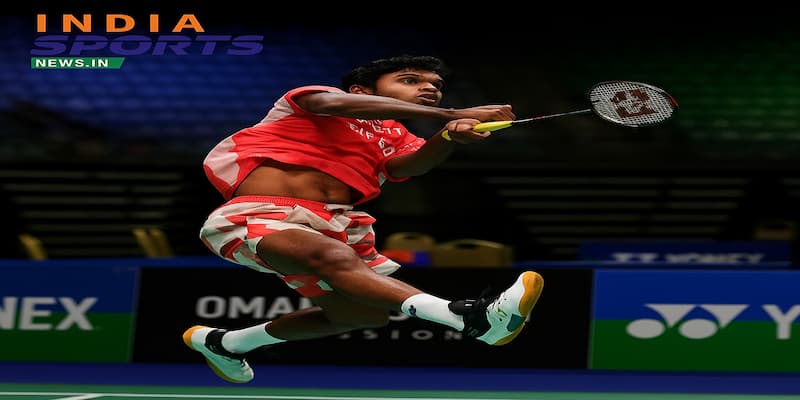







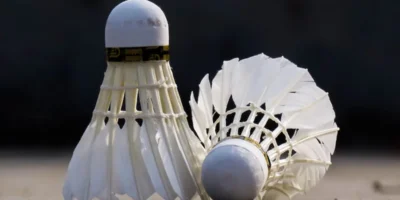

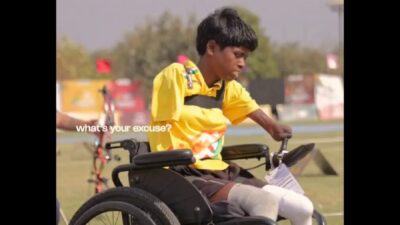
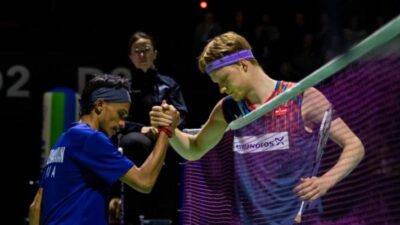



Comments